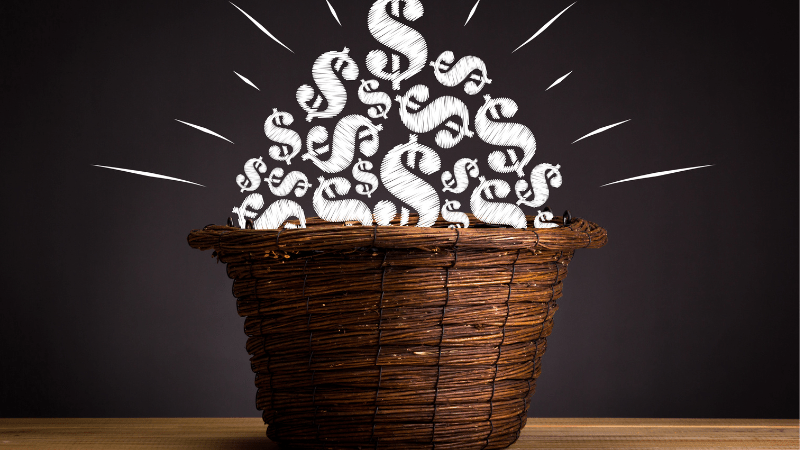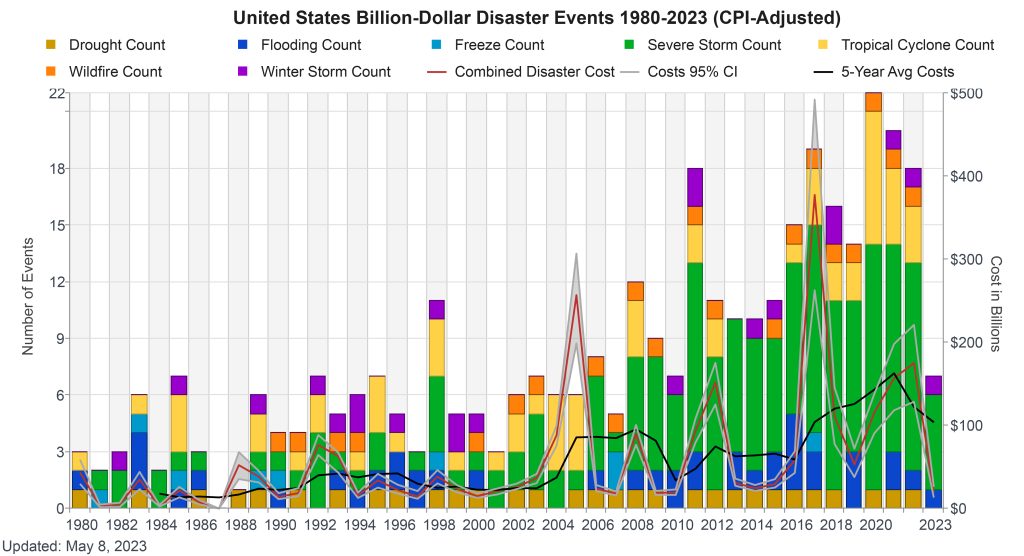
Why Invest in Resilience?
A community is not just a place to live and work. Communities are where we raise our families; find comfort and joy; laugh and cry; play and socialize. Often, our community shapes our identity and is a place where we are most at home. Yet, communities face an uncertain future. There are a lot of climate, social, and economic changes happening that are weakening their ability to survive and thrive. As a consequence, our communities are faced with the challenge of developing resilience.
Resilience is the ability to identify risks and challenges and build the capacity to maintain or rapidly regain functionality and vitality in the face of these chronic stressors or severe disturbances. Investing in resilience allows a community to build capacity and strengthen their physical and societal infrastructure to prepare for existing and predicted changes they face.
We know that:
- Changes are already happening and predicted to get worse;
- These changes are costing a lot of money, leading to a lot of deaths, exacerbating inequities, and not going to go away; and
- Funding opportunities are out there – communities need to take advantage of them before it’s too late.
Changes are already happening and predicted to get worse
There is no question that our communities are experiencing the impacts of change – change in climate; population shifts; technological advancements; displaced economies; to name a few. This, coupled with aging infrastructure, lack of capacity to address these new challenges, and long-established inequities, combine to reduce a community’s livelihood. Some of these impacts are already felt in our communities – the rising sea level and extreme weather events – while other impacts will become more significant later on – increasing exposure to dangerous high temperatures and new local diseases. And while all communities are potentially at risk for some impacts, there are some communities at greater risk because of their location, economic situation, and chronic inequities.
These changes are costing a lot of money, leading to a lot of deaths, exacerbating inequities, and not going to go away
In 2022, the US experienced 18 billion-dollar climate disasters that cost a total of $175.2 billion in damages and caused 474 deaths. As these disaster events become more frequent, the economic harm has become more commonplace. Communities have a hard time recovering from a single disaster event let alone multiple events, and the reduction in economic growth can be seen years later.

But it is not just ‘natural disasters’ affecting communities’ livelihoods – they also continue to experience economic, environmental, health, and other social stresses. Many communities endure greater impacts because of past and current inequities. Other communities endure greater impacts because of occupations, earnings, literacy, poverty incidence, and demography. Communities are faced with the challenge of determining how to invest in initiatives that will best address the changes they face and then securing the necessary funding for these projects.
Funding opportunities are out there - take advantage of them before it’s too late
Fortunately, there are funding opportunities out there for communities to develop resilience against these changes. The Infrastructure Investment and Jobs Act (IIJA) and the Inflation Reduction Act (IRA) are bringing business and workforce development to communities while providing extensive investments in the resilience of infrastructure and clean energy systems. Additionally, there are state-level funding programs that can be used for resilience initiatives. Money is available for communities to become more resilient – they need to utilize the funding before it’s too late.
Learn About These Funding Opportunities at the 2023 Resilient Virginia Conference

At the 2023 Resilient Virginia Conference, we will emphasize the federal programs and funding that are available for resilience initiatives, as well as state programs that are either currently underway or that are being planned.
The conference will highlight how businesses and communities can work together to:
- Grow investments that support a low-carbon economy;
- Provide examples from urban and rural communities on approaches to resiliency that include climate risk assessments that lead to economic, health, and equity considerations; and
- Increase resilience in the face of disruption from extreme weather disasters and on-going climate concerns that impact community health and vitality.
Participants in the 2023 Conference will:
- Learn about federal programs that are distributing IIJA and ERA funds, as well as state-level funding initiatives;
- Discover business development options ranging from new climate entrepreneurships to growing demand for climate-resilient infrastructure and energy sources;
- Gain insights on resilience policy progress in Virginia and across the region;
- Compare local Climate Action Plans and Climate Resiliency Plans in Virginia jurisdictions and in neighboring states;
- Engage in networking with resiliency businesses, government representatives, and institutional and community organizations; and
- Take away tools for resiliency planning that help communities deal with increased hazards while addressing equity considerations for vulnerable citizens.
Learn more about our conference, keep up-to-date as we build out the agenda and secure speakers, and register on our conference webpage.




